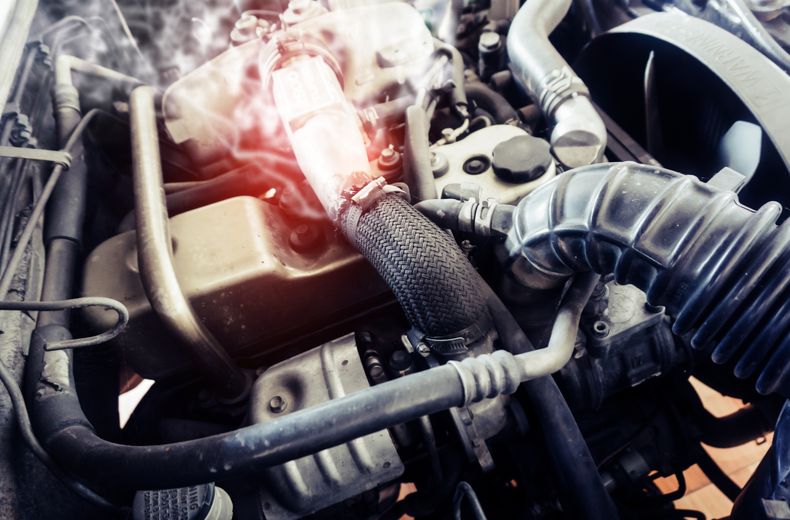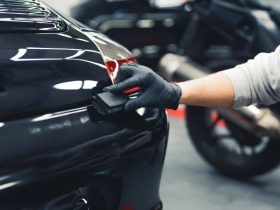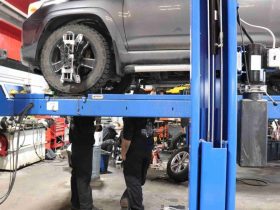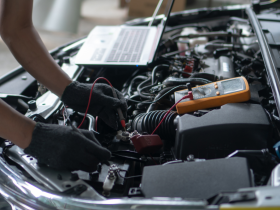Overheating in cars is a frequent problem that, if left untreated, can cause major engine damage. You can avoid this issue by being aware of the causes.
Expert diagnosis and repair of cooling system issues can be obtained from European Auto Repair Services in Nova Scotia, Canada. Expert technicians can guarantee that your car’s cooling system is operating at peak efficiency, whether they are identifying coolant leaks, swapping out a malfunctioning water pump, or cleaning the radiator. The following are the top 5 typical reasons why cars overheat:
Seepage of Coolant
One of the main reasons cars overheat is coolant leakage. Leaks might originate from the coolant reservoir, water pump, radiator, hoses, and other parts of the cooling system. The engine may overheat if coolant levels fall too low since there won’t be enough coolant to keep the engine temperature under control.
Problems with the Radiator
Overheating in your car can also be caused by a defective radiator. Common problems with radiators include corrosion or debris clogging, which hinders appropriate heat dissipation. The radiator’s capacity to effectively cool the engine may also be hampered by a broken radiator fan or a malfunctioning thermostat.
Blockages in the Cooling System
Coolant flow can be restricted by obstructions in the cooling system, such as a blocked radiator or a clogged cooling system from scale or debris build-up. This limitation causes overheating by preventing the coolant from efficiently absorbing and dispersing heat.
Malfunctioning Thermostat
The engine’s coolant flow is controlled by the thermostat. An engine overheat might result from a defective thermostat that becomes jammed closed, blocking the flow of coolant. Performance may also be impacted if the thermostat is stuck open, which could prevent the engine from reaching its ideal operating temperature.
Damaged Water Pump
The radiator and engine coolant circulation is handled by the water pump. Insufficient circulation of coolant due to a malfunctioning water pump may cause overheating. Common problems that might lower a pump’s efficiency include leaks, bearing failure, or damage to the impeller.
Tips for Preventing Car Overheating
Car overheating can be avoided with routine maintenance and early detection of possible problems. Here are a few precautions to take:
- Prior to lengthy travels or extremely hot weather, have your cooling system tested on a regular basis.
- To avoid corrosion and preserve cooling effectiveness, replace coolant as advised by the manufacturer of your car.
- To stop leaks and malfunctions, check hoses and belts for wear indicators and replace them as necessary.
- Pay close attention to your thermometer and act quickly if it starts to overheat.
Conclusion
There are several reasons why a car could overheat, including coolant leaks and thermostat issues. Engine damage and overheating can be avoided with routine maintenance and fast attention to cooling system problems. Proactive maintenance can maintain your car in good working order and save expensive repairs in the future.








